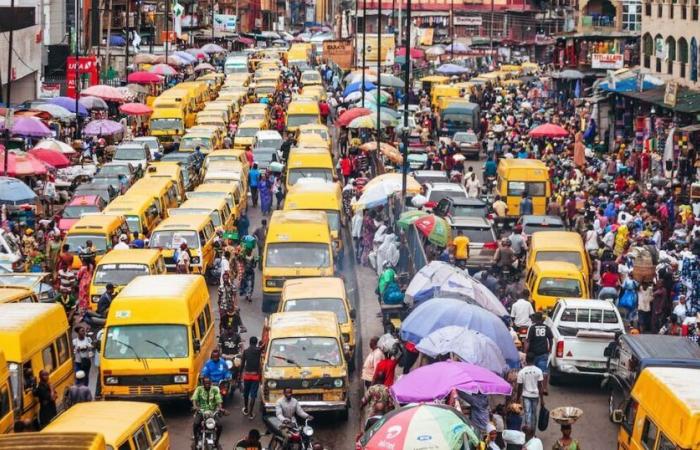Nigeria, which is struggling to recover from the crisis following the Covid pandemic, has once again become the fourth economy in Africa in terms of GDP, according to the International Monetary Fund (IMF), behind South Africa, Egypt and Algeria, after being the first from 2014 to 2022.
The new method of calculation, expected during the year, aims to reflect the evolution of economic realities and 2019 will serve as a base year, explained Moses Waniko, senior official of the NBS, during a presentation in Lagos.
“We expect the size of the economy to be larger,” he said.
New sectors must be taken into account such as the digital economy, health, social funds, pensions, refineries, mines and quarries and individual employers, but also “covering illegal and hidden activities”, according to the presentation .
“Certain economic activities have no legal basis, such as prostitution,” explained Mr. Waniko. However, “these actors earn an income and sometimes live better than those in the formal sector. Ultimately, these incomes impact the formal economy,” he added.
Read also: Algeria. Vertiginous increase in GDP: artificial statistics do not stand up to the test of real figures
The last time Nigeria revised the calculation of GDP was in 2014 and at the time, this aggregate measuring economic activity and used for international comparisons jumped by 89%.
-Logically, the modification of the calculation of GDP will also change certain closely watched ratios, such as income per capita, tax levies compared to GDP or the debt, which stood at 18.5% of GDP in September but could appear less significant with a Larger GDP.
Nigeria (227 million inhabitants, and 410 million expected in 2050, according to the UN) is currently going through one of the worst economic crises in decades.
It is Africa’s leading oil producer. However, the contribution of the oil sector to the national economy has reduced, going from third to fifth place, and supplanted by the real estate sector which becomes the third largest contributor, behind agriculture and trade, has also indicated Mr. Waniko.
Par Le360 Africa (with AFP)
01/10/2025 at 6:51 a.m.






